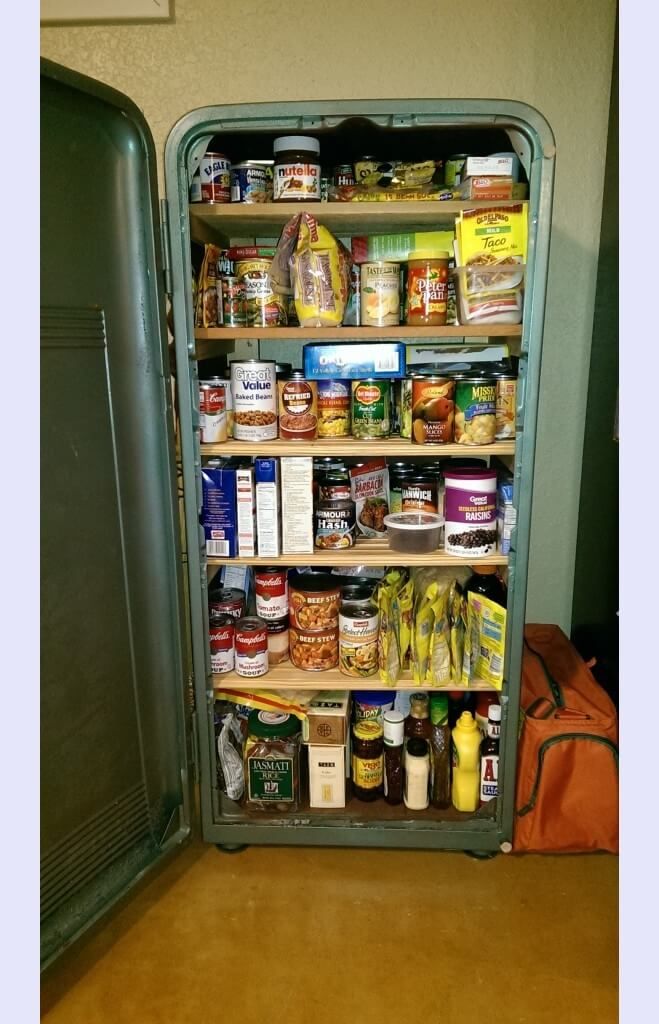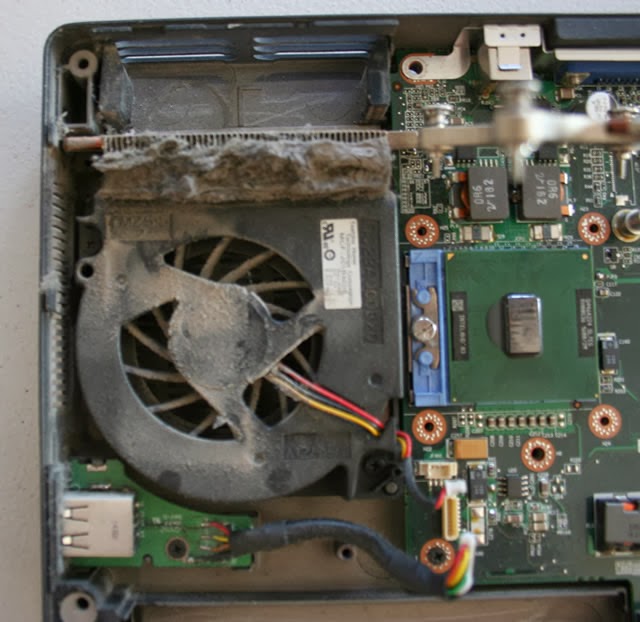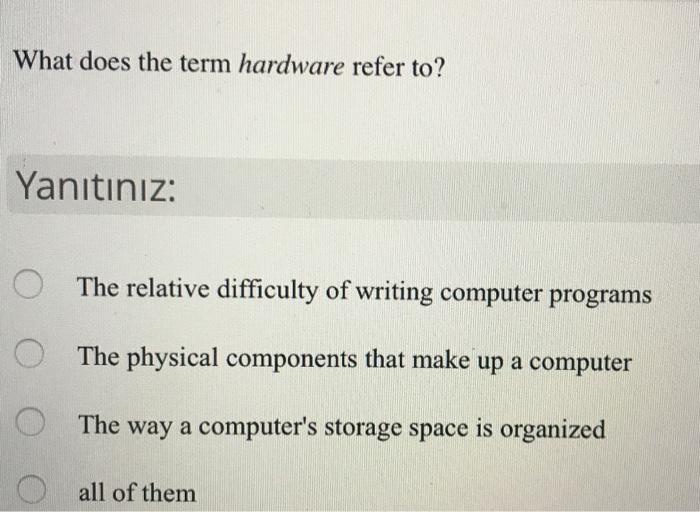Creative And Sustainable Approaches: What To Do With Your Old Refrigerator
Introduction
Have you recently upgraded your kitchen and are now left wondering what to do with your old refrigerator? You're not alone. Every year, countless old refrigerators are disposed of, without considering their environmental impact or the possible ways these bulky appliances could be repurposed. In this article, we dive deep into understanding the issues surrounding this topic and provide sustainable and creative solutions for your old fridge. You'll be surprised how an old fridge could turn into your next DIY project or help you earn some extra cash!
What’s the Big Deal? Understanding the Issue with Old Refrigerators
The problem arising from disposing of old refrigerators is multi-layered. These seemingly harmless household appliances hold the potential to burgeon into an environmental hazard. Let's break down the reasons:
- Energy Inefficiency: Old refrigerators tend to consume more energy than modern, energy-efficient models. This high energy consumption contributes to the rising levels of greenhouse gas emissions.
- Harmful Substances: A large number of older models contain Freon, a refrigerant that depletes the ozone layer. When not carefully disposed of, this substance escapes into the atmosphere, exacerbating global warming.
- Accumulation in Landfills: Every refrigerator dumped in a landfill, consumes valuable space. According to the Environmental Protection Agency, Americans discard more than 9 million fridges and freezers each year. Oversized and non-biodegradable, these units exacerbate our waste management crises.
- Lost Resources: Inside every fridge are valuable resources - metal, glass, and even some precious metals in the circuitry. Improper disposal means these resources are lost when they could have been recycled and reused.
Understanding these issues, it's clear that disposing of old refrigerators calls for conscious decision-making and environmentally friendly approaches.
Is Selling or Trading a Solution for Your Old Refrigerator?
Contemplating whether to sell or trade your obsolete refrigerator? Let's take a look at some crucial points that could shed light on this query:
1. A Workable Option: If your refrigerator is operational and doesn't suffer from significant damage, selling or trading it could indeed be an effective solution to consider.
2. Store Trade-In Schemes: Some retail outlets that sell appliances may offer trade-in facilities where you could exchange your old refrigerator for a new model. This not only helps you manage your old appliance but also provides you with cost benefits on your new purchase.
3. Reselling to Companies/Individuals: Companies specializing in refurbishing old appliances, or individuals looking for cost-effective solutions could be interested in purchasing your old refrigerator. Reselling it saves the appliance from ending up on landfill sites hence it's a more environmentally friendly solution.
4. Spare Parts: Certain components of an old fridge could be in demand as spare parts in markets, further enhancing its resale value.
On average, you can anticipate earning around 25-60% of the initial cost if the refrigerator is in a good working condition after 5-7 years of use.
However, there are certain factors you need to consider before proceeding with the sale or trade:
- Refrigerator Condition: The fridge's condition critically influences whether it can be traded or sold. An appliance in poor condition might have limited options.
- Market Demand: Market demand for your particular refrigerator model may affect its reselling possibilities.
These considerations clearly indicate that selling or trading your old fridge is not just a conceivable option, but one that is economical and sustainable, ultimately contributing to reducing waste.
What is the Environmental Impact of Disposing Old Refrigerators?
Unsuitable disposal of old refrigerators could generate various environmental problems. Let's dive deeper into these critical issues:
• Greenhouse Effect: Refrigerators of yesteryears contain chlorofluorocarbons (CFCs) and hydrochlorofluorocarbons (HCFCs) used in cooling systems. Upon release, these potent gases aggravate global warming.
• Ozone Layer Depletion: These gases are also capable of eroding the Earth's protective ozone layer, contributing to the ozone hole.
• Landfill Concerns: The non-biodegradable components of refrigerators like metal and plastic take hundreds of years to decompose, leading to landfill overcrowding. Importantly, landfills are inadequate for dealing with valuable materials like glass, metals, or the precious metals used in the fridge circuitry.
• Toxicity: Improper disposal methods could potentially release toxins, leading to pollution of the soil and groundwater resources.
To give a fresh perspective, statistics suggest that a single fridge can potentially release 20 pounds equivalent of harmful CFCs/HCFCs into the environment. To make matters worse, every year, millions of refrigerators are discarded globally, and only 40% of those are disposed of responsibly.
These facts underline the urgent need to address the environmental complications arising from the improper disposal of old refrigerators.
How Can Your Old Refrigerator Turn into DIY Projects?
You might be surprised to discover that your old fridge can be the centerpiece of several exciting DIY projects. All it requires is a splash of creativity, a dash of effort, and a commitment to sustainability. Rather than throwing your refrigerator onto the scrap heap, you can breathe new life into it with these innovative ideas:
1. Outdoor Storage Unit: Use your bulky old fridge as an outdoor storage unit to store gardening tools, car cleaning kits, or even beverages for a backyard party. Strip it down, add a fresh coat of paint, give it a weather-resistant finish, and you have a robust and spacious storage box.
2. Bookshelf with a Twist: An old fridge can be converted into a visually appealing bookshelf. Remove the cooling elements and interior shelves, then refit with wooden shelves, and your bookshelf is all set to house your favorite reads!
3. Quirky Planter: If you love gardening, turn the refrigerator into a statement piece for your garden. Fill it with soil and plants and let it contribute to the greenery of your space. It can be a unique planter that gets your neighbors talking!
4. Beverage Cooler: This one's a fairly straightforward transformation. Clean out your old fridge, give it a makeover, and use it as a rustic cooler for your drinks during house parties or family gatherings.
5. Pet Bed: Your pet might just love a new sleeping corner! Take out the shelving, add some comfy fabric, and let your furry friend enjoy their personalized space.
Remember, the goal is not only creative reuse but also environmentally responsible behavior. Each of these DIY ideas helps to reduce waste in landfills and contributes to a more sustainable planet.
What are the Environment-Friendly Disposal Methods for Your Old Fridge?
If you're at a loss on how to dispose of your old fridge in an environmentally conscious manner, fear not. Here's a snapshot of some impactful methods that will effectively ensure that your old fridge disposal isn't harmful to the environment:
- Recycling: One of the most eco-friendly disposal methods is recycling. Expert recycling not only guarantees proper handling of harmful substances found in old fridges but also repurposes the recyclable materials.

- Stat Alert: The EPA estimates that recycling one million fridges amounts to emission reductions equivalent to removing 50,000 cars from the road for a year.
- Appliance Recycling Programs: Check if your utility company or local waste management organization runs any appliance recycling programs. These programs recover valuable components and prevent hazardous substances like CFCs from causing environmental damage.
- Fact Check: Some companies like JACO Environmental manage to recover 95% of materials in the appliances they recycle.
- Donation: If your refrigerator is still functional, consider donation. Many non-profit organizations, families or friends may find it useful. This not only extends the fridge's life but also reduces waste.
- Did you know? An article in the Guardian cites that extending a product's life by just one year can save the same CO2 as reducing the annual emissions of 500,000 cars!
Always remember, every single refrigerator that is disposed of responsibly is a crucial stride towards a cleaner, greener environment. You can play a part in this movement, one fridge at a time.
Conclusion
While old refrigerators can cause environmental problems if improperly disposed of, there are numerous creative and sustainable solutions available. From selling or trading the fridge to turning it into an interesting DIY project, mindful disposal options not only provide economic benefits but also go a long way in protecting mother nature. So the next time you're stuck wondering what to do with your old refrigerator, remember that you have plenty of sustainable choices.
Related FAQs about what to do with old refrigerator
What are some creative uses for an old refrigerator?
An old refrigerator can be ingeniously repurposed into multiple things. It could serve as a quirky bookshelf or a unique planter in your garden. It can become an outdoor storage unit or even a beverage cooler for parties. Another fun idea is to transform it into a cozy pet bed.
How does irresponsible disposal of old refrigerators affect the environment?
Irresponsible disposal of old refrigerators can lead to various environmental issues. It contributes to greenhouse gas emissions and ozone layer depletion. Also, it causes landfill overcrowding due to non-biodegradable components. Moreover, toxins may potential release from improper disposal, causing soil and groundwater pollution.
What are some recommended methods for eco-friendly disposal of old refrigerators?
Recycling is the most eco-friendly method of old refrigerator disposal, allowing proper handling of harmful substances and repurposing recyclable materials. Appliance recycling programs are also beneficial. Alternatively, consider donating your fridge if it's still functional to extend its lifespan and reduce waste.







